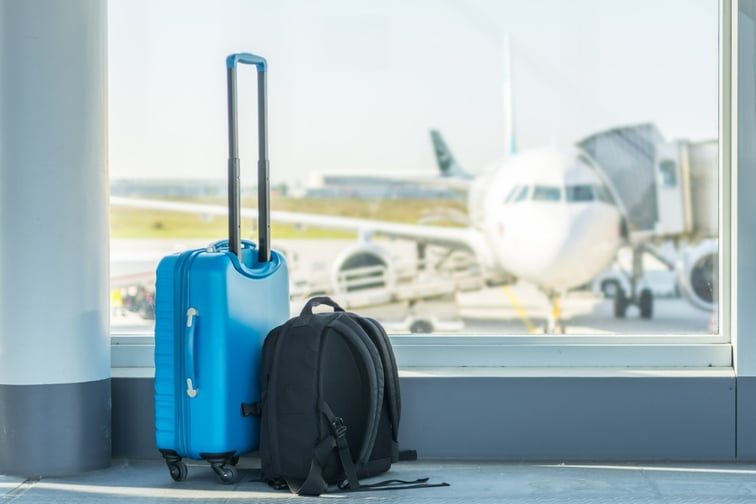

Financial comparison site Mozo’s latest Travel Insurance Report for 2024 has brought attention to a significant surge in travel insurance costs for Australians.
The financial comparison site revealed a noteworthy 24% average increase in travel insurance expenses across essential, comprehensive, cruise, and ski policies over the past 12 months.
The research outlined specific areas where the increase is most pronounced: Cruise travel insurance leads the pack with a notable surge of 31.86%, closely followed by ski travel insurance at 25.85%. Comprehensive travel insurance isn’t far behind, experiencing a rise of 23.23%, and even essential travel insurance, which saw the smallest increase, climbing by 14.81% year-on-year.
Rachel Wastell, a finance expert at Mozo, urged Australians to be mindful of this substantial rise in costs.
“If you’re back at work and already planning your next holiday, you’re probably not thinking about travel insurance, but you should be,” she said.
Wastell underscored the financial risk of travelling uninsured, especially in the context of the ongoing global situation.
“The analysis showed travel insurance costs less than $20 a day on average, which in the scheme of things isn’t much, and the average cost of essential cover is just $13 a day,” she said. “When you think about it, that’s less than the cost of a meal these days, and well worth it if something does go wrong on holiday.”
The report acknowledged that while COVID cases are declining, the threat remains, and travellers should not abandon insurance.
“As COVID cases decline, traveller confidence is rising, but it’s crucial holiday makers don’t ditch insurance altogether,” Wastell said. “Although the Australian Government has no COVID-19 requirements in place for travellers entering and departing Australia at present, there are still over a hundred thousand cases being reported globally each week.
“Being stuck overseas with COVID could easily turn into a financial nightmare if you’re uninsured, especially in the USA where medical costs are significantly higher.”
